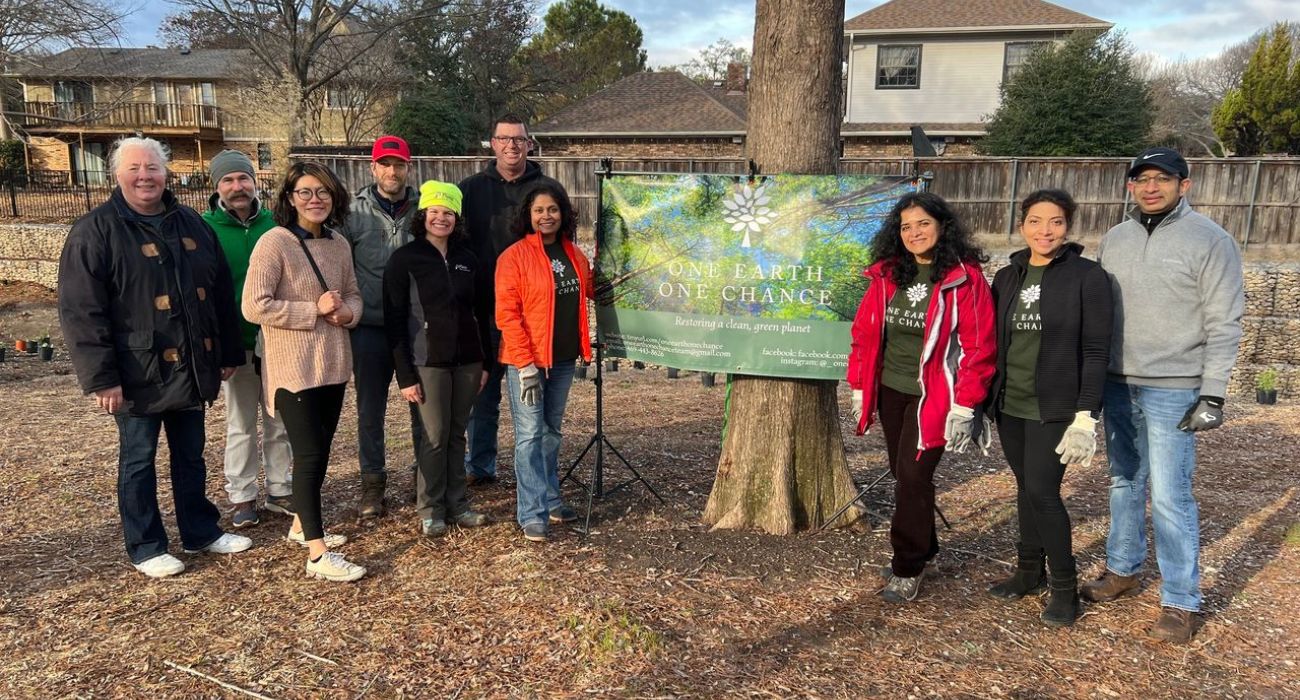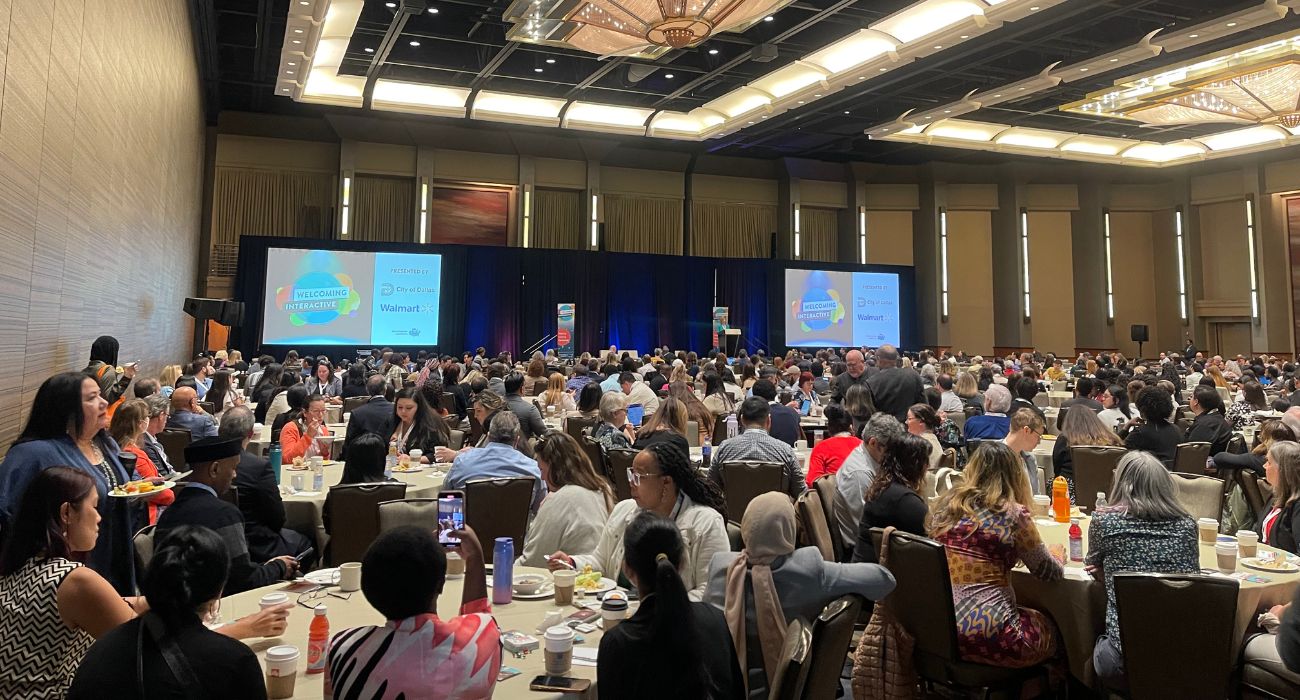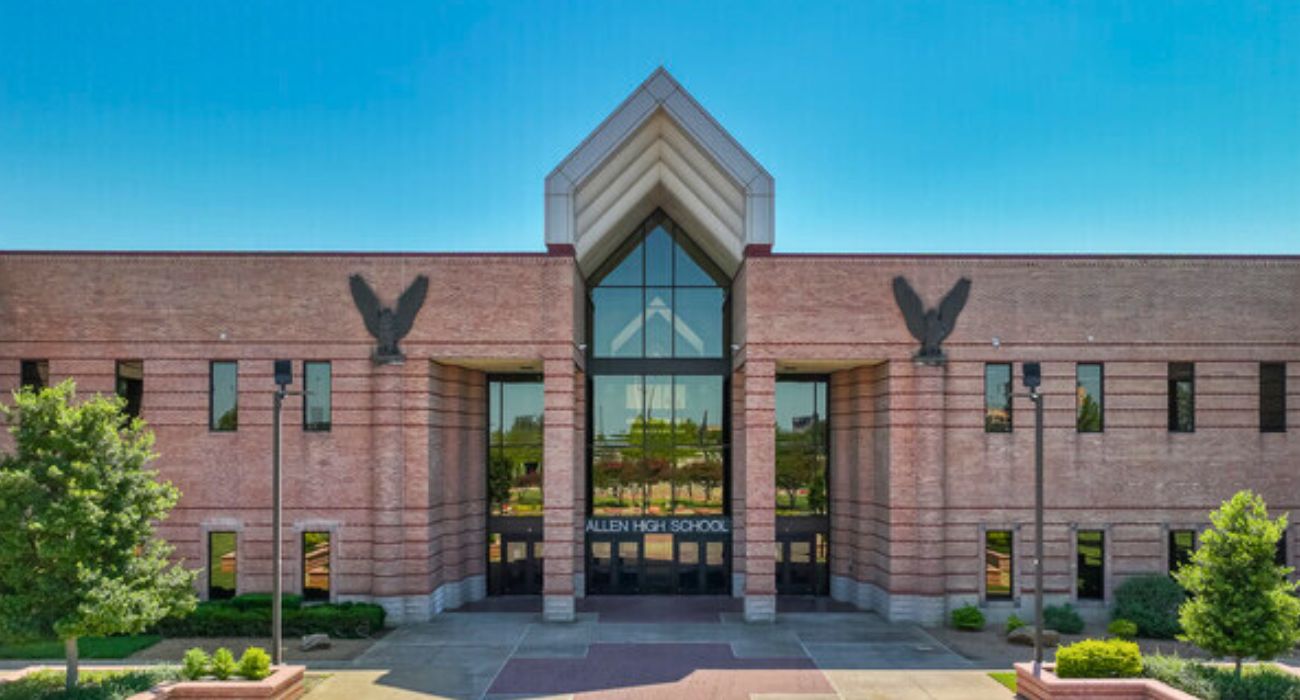A Plano high school is contributing to city efforts to combat erosion and aid in conservation.
Thirteen students from John Paul II High School recently volunteered to extend buffer zones at Buckhorn Park in Plano, according to the Plano Star Courier. These students planted over 150 native plants in the park in celebration of the 150th anniversary of the City.
Students from this school had previously joined One Earth One Chance on February 10 and planted 450 tree saplings and shrubs in the park, according to a post on Facebook. The students’ efforts supported the Habitat Restoration program, a joint program with the City of Plano and the Texas Conservation Alliance.
“Our first time exploring a lower cost model for urban reforestation was a success and we can’t wait for these plants to green up the space,” said the organization in the Facebook post.
Frank Santoni, John Paul II High School’s social innovation lab director, had collaborated with the City, searching for a community project for his students that could teach them how to overcome everyday challenges the City faced. The school originally had planned for the students to plant native tree species at a gabion wall project in Hoblitzelle Park. However, delays moved the project to Buckhorn Park.
“Our students are interested in learning more about how to get involved in their community and learn more about the behind the scenes of these current issues,” said Santoni, according to the Plano Star Courier.
Marc Beaudoing, urban forester for the City of Plano, told the Star Courier that this project enabled students to take part during the school year.
“It was just a win-win. Students get to come in and learn about the importance of native plants, and they have different ways of approaching these kinds of situations,” said Beaudoing, according to the Star Courier. “Instead of just planting bluegrass or Saint Augustine, we plant these native grasses, and once they’re established, they won’t need irrigation. It will conserve water while providing a positive environmental impact,” he continued.
The students are expected to continue to work on the park over the course of the spring semester.






